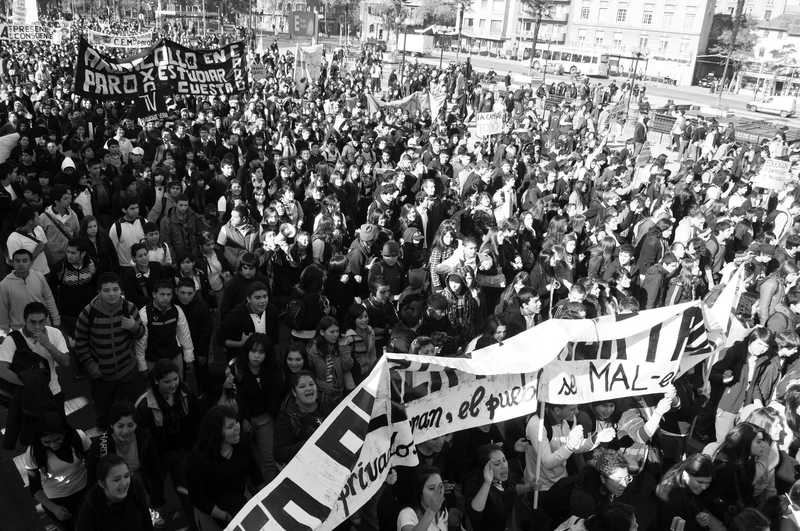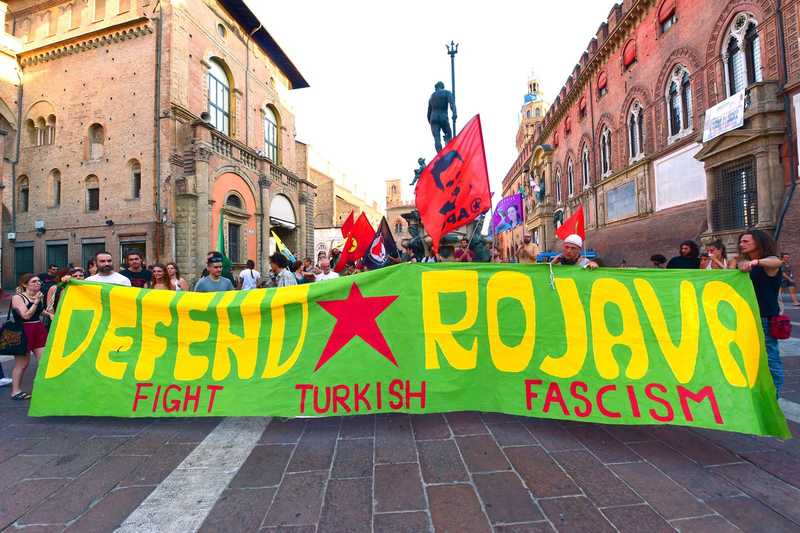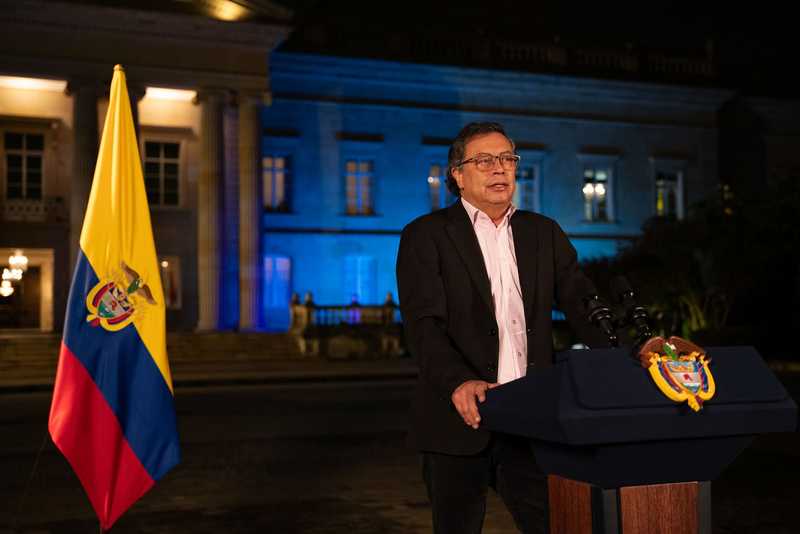
Debt has moved back to centre-stage in the struggle for international, intersectional, and intergenerational justice.
Building on a rich tradition of anti-colonial and anti- austerity activism, a new wave of protests is calling for a clean break with an economic ‘consensus’ that continues to shift the burden of debt onto the shoulders of the world’s most vulnerable.
Students in Chile march for debt relief. Activists in Sierra Leone fight to end debtor’s prisons. Protestors in Lebanon demand an end to austerity. Since the onset of the Covid-19 pandemic this year, the scale and spread of these movements has only risen. Debtors from Spain to South Africa are organizing rent strikes as outstanding bills become untenable.
In short, we live in a world of debt, where the experience of its burden has never been more universal or more unequal. This world is not a product of a single policy failure, but of an entire economic paradigm of financial capitalism and the supercharged financial industry that has flourished inside of it. To fix it, then, we will need a blueprint of a new paradigm, and a planetary struggle to deliver it.
“The flourishing of debt resistance struggles and campaigns around the world makes this an incredibly inspirational moment to strategize around debt justice. Just as calls for dismantling the institution of policing have grown louder and moved into mainstream spaces, calls for debt cancellations of various sorts are increasingly difficult for politicians and leaders to ignore. Debt resistance against both sovereign debt and household debt is an important part of today’s social movement struggles.”
— Z. Fareen Parvez, Working Group Member and Associate Professor of Sociology at the University of Massachusetts-Amherst
Toward a New Paradigm
The Debt Justice Working Group aims to develop such a blueprint.
Rather than focusing on a single strand of debt activism, the Working Group starts from a comprehensive view of the debt problem, including household, corporate, and sovereign debt. Such a broad mandate allows the working group to connect the causes and consequences of these different types of debt, and therefore identify and propose a new integrated framework.
Among the dimensions under consideration, then, the Working Group will consider how we might: re-conceive of debt away from notions of individual responsibility; ensure that people are no longer subject to predation; oppose reductions in government-funded public services that drive people to take out loans; and change the international financial order that hardwires debt into the economies of poorer nations and extracts wealth from them, in turn.
The Working Group
To develop this broad vision, the Debt Justice Working Group connects activists and thinkers across geographies and areas of expertise, from local organizations like Advocaid in Sierra Leone to leading scholars like Jayati Ghosh (Jawaharlal Nehru University) and Katharina Pistor (Columbia Law School) to representatives of multilateral institutions like UNCTAD’s Richard Kozul-Wright and the former UN Special Rapportour for Housing, Leilani Farha.
On individual and household debt, the Working Group will chart the pathways to debt predation of marginalized communities around the world — often under the guise of financial inclusion. The particular experiences of these communities — from micro-finance loan recipients in India, to users of digital banking in Kenya, to people with court debt in the United States — will inform the group’s understanding of the structural and global issues at stake, and of progressive alternatives and strategies of resistance.
In rich countries, domestic policy over the last decades has prioritized low inflation over employment, shrunken the welfare state, and weakened organized labor. Companies have benefited, profiting from selling services that governments should provide. And the financial sector has created the structures that load people with debts. For poorer countries, the free movement of capital across borders and the marketized nature of sovereign debt all but eliminate economic sovereignty. The Working Group will engage with the architecture of the international financial system — capital controls, reforming the IMF and the World Bank, and reducing the devastating effects on poorer countries of US dollar hegemony will all be on the table.
The Covid-19 pandemic has ignited a fresh debate about the role of debt in our economies and in our lives. But these discussions — and the policy interventions they have since inspired — have been ad hoc and fragmented: little more than Band-Aids over a gaping wound. The Working Group will connect stories and patterns across the world, and will propose strategies to dismantle an economic paradigm that has given unsustainable and unjust returns to owners of financial capital, with the costs born by indebted people and poorer nations across the globe. The blueprint developed by the Working Group, by contrast, will point us toward an egalitarian, decolonized, and prosperous future.
“Debt justice cannot be addressed in abstraction of global dollarization and financialization. A dollarized economy reliant on imports for some eighty percent of its consumption, Lebanon cannot expand the supply of the lira without falling into devaluation and hyperinflation, nor can it create dollars, which it owes. And when money cannot be created by public authority, it is the public that suffers. The outcomes of a potential IMF intervention in Lebanon were outlined in July 2020, in a report advancing a severe austerity program designed to win the confidence of foreign creditors. The threat is systemic and global, and so must be the struggle.”
— Joan Chaker, Working Group Member from Public Works Studio, Lebanon




